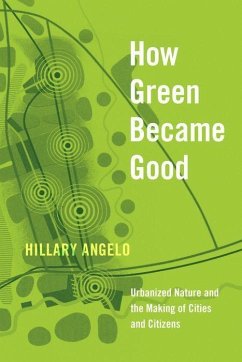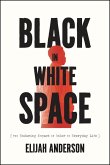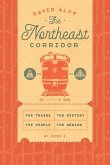"As projects like Manhattan's High Line, Chicago's 606, and Atlanta's Beltline show, major cities are devoting serious resources to cultivating urban green spaces. These formerly neglected urban spaces now draw huge crowds thanks to the considerable efforts of city governments. But why are these greening projects so widely taken up, and what good do they do? In How Green Became Good,Hillary Angelo uncovers the origins and meanings of the enduring appeal of urban green spaces, showing that city planners have long thought that creating green spaces would lead to social improvements. Turning to Germany's Ruhr valley (a region that, despite its ample open space, was "greened" with the addition of official park and gardens), Angelo shows that greening is as much a social process as a physical one. She turns to three distinct moments in the twentieth-century Ruhr valley's history that inspired the creation of new green spaces: industrialization that took hold in the early twentieth century, the new democratic ideals of the 1960s, and industrial decline beginning in the early 1990s.Across these distinct historical moments, Angelo shows that the impulse to create green space has persistently arisen as a response to a host of social changes. Ultimately, however, the creation of urban green space is more about how we imagine social life than about the good it imparts. Instead, the impulse to bring nature into urban life reveals an enduring conviction that green space will transform us into ideal citizens in an ideal society"
Hinweis: Dieser Artikel kann nur an eine deutsche Lieferadresse ausgeliefert werden.
Hinweis: Dieser Artikel kann nur an eine deutsche Lieferadresse ausgeliefert werden.








